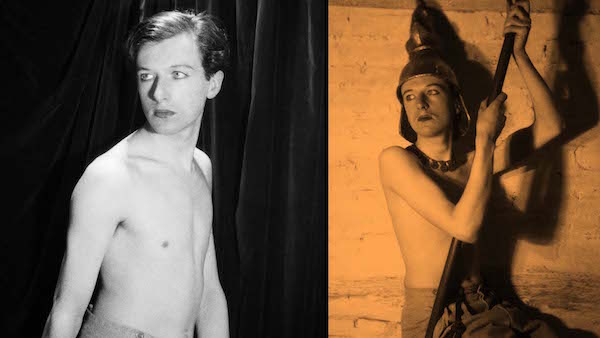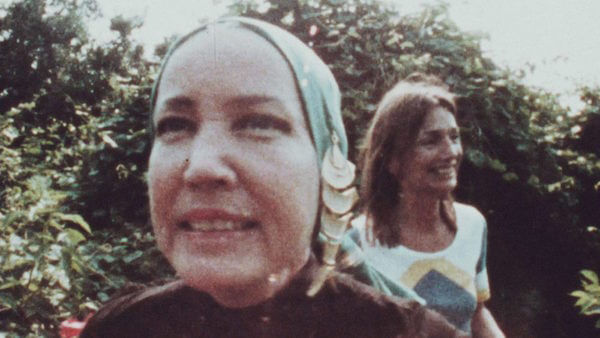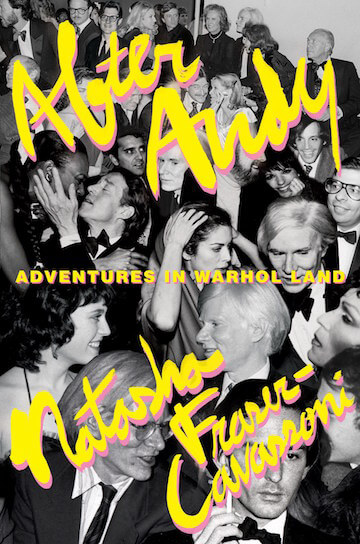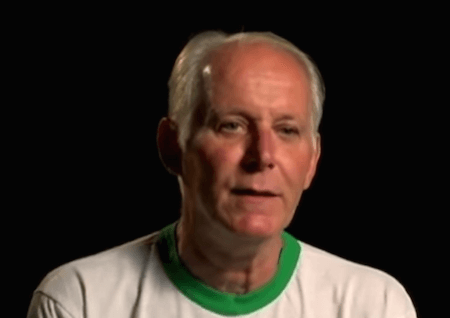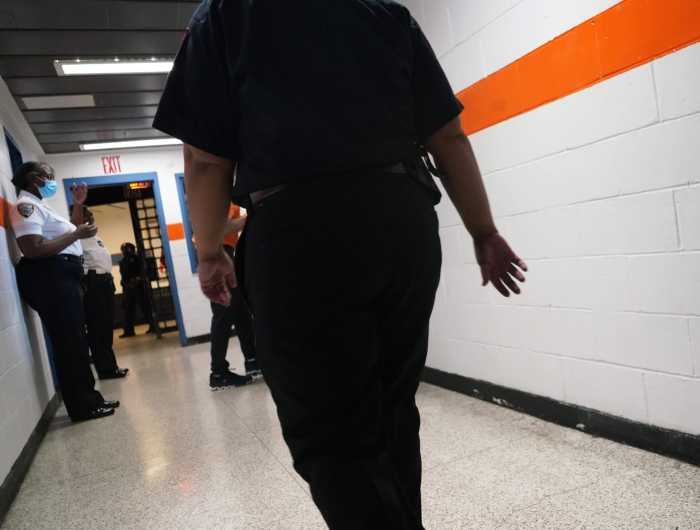BY DAVID EHRENSTEIN | “Mythical speech,” a wise old queen named Roland Barthes once wrote, “is made up of a material that has already been worked on so as to make it suitable for communication.”
That’s most certainly the case with “Partner,” a noun that a moment’s Googling discloses a primary definition of: “A person who takes part in an undertaking with another or others, esp. in a business or company with shared risks and profits.” That meaning is closely followed by: “Colleague, associate, coworker, fellow worker, collaborator, comrade, teammate… ‘business partners.’”
But then we find: “Either of two people dancing together or playing a game or sport on the same side,” and “Either member of a married couple or an established unmarried couple.” And that’s where things go all to hell.
For “Partner” has become the ideological term of art used to label same-sex couples, and it is here that the mind reels and the stomach heaves.
“Homosexuality,” wrote Barthes back in 1980 in his preface to Renaud Camus’ homoerotic recit “Tricks,” “shocks less, but continues to be interesting; it is still at that stage of excitation where it provokes what might be called feats of discourse.”
That’s certainly true of the last 33 years that Barthes, having died shortly after writing that preface, was unable to enjoy. One can scarcely imagine what the famed semiotics adept would have had to say about the disappearance of “the closet” the same-sex oriented were obliged to live in, even to the housing of Barthes’ august self until the last years of his life. Same-sex marriage would doubtless inspire him to pen a new and wittily pointed essay for his “Mythologies.”
But the rush to adapt (and adopt) “Partner” for gay relationship usage might well take Barthes aback. Were actor/ screenwriter Jacques Nolot and writer/ director Andre Techine Barthes’ “partners”? Does that get anywhere near to explaining who they were, what they meant to him, and how these relationships functioned?
Likewise Gore Vidal and Howard Austen, Christopher Isherwood and Don Bachardy, Truman Capote and Jack Dunphy, or if we wish to go back a bit in gay artistic history, George Kelly and William Weagley.
But what about Glenway Wescott, Monroe Wheeler, and George Platt Lynes?
Stumped, ain’t ya?
“Lover” used to be a perfectly acceptable term. But it has been completely eradicated in the rush for gay social and cultural assimilation because it indicates that — clutch those pearls — sex has taken place. I was quite pleased to see in the Wikipedia entry for Joe Orton a notation that after his meeting with Kenneth Halliwell, “They quickly formed a strong relationship and became lovers.” That they were and so were many others. In fact, it’s the perfect word to describe my 40 years (and still going strong) relationship with writer Bill Reed.
But the Doxa (a Barthsian term for the status quo at its most reductive) would not see it as such. We are obliged to rhetorically conform — put something personal and special under a heading normally associated with businesses or law firms.
Well, I’m not in love with a law firm, and neither, I would venture, are you, dear reader. You’ve been commandeered into a “battle” of socio-political snobbery in which gayness is being rhetorically re-closeted in the name of its own freedom because talking about sex upsets the breeders. Well too fucking bad. Sex is essential to our lives no matter who we have it with and its joys are not to be stifled.
“Once it was 'The love that dare not speak its name' — and now it won’t shut up,” the scrumptiously snarky Mike Nichols once opined. But what it won’t shut up about is stridently declaring to all and sundry, “We’re just like them! See? We’re perfectly normal. We want to get married and have children like everyone else. That’s what everybody wants, isn’t it?”
Well, frankly, no. Some of us want to raise children. Others can barely manage a cat. Still others live alone and like it. The important thing is to be able to live freely and honestly.
Back in the 1950s, when I first discovered that boys were ever-so-much-more-interesting to me than girls, it became immediately obvious that I was going to live a very different life. I wouldn’t be “married with children.” Better still, I wouldn’t have to go into the army — a fact of considerable use to me during the Vietnam War era when making my appearance at the draft board and checking “Yes” to “Do you have homosexual tendencies?” Seeing this, the nice (and quite attractive) young man at the desk motioned me to lean closer to him as he whispered, “Do you play the man or do you play the woman?” My answer was of course “both,” so he gave me a slip and sent me to the shrink. But there was quite a back-up that day so they decided to simply stamp me 4-F and let me go. And thus I avoided being sent to Southeast Asia to kill and/ or be killed by perfect strangers.
That we’re supposed to take pride in being able to volunteer for a non-draft military has always amazed me. Likewise, gay marriage. The legal advantages of the government recognizing Bill and me as a “married couple” are many and perfectly desirable. But they do not define us. And I certainly do not desire any justice of the peace pronouncing us “Partners For Life.” That’s not who we are.
And I suspect it’s not who you and your boy and/or girlfriend are either.
“Grace to be born and live as variously as possible.” That was the motto of the great Frank O’Hara — a poet with a lot of boyfriends, but whose “partner” was life itself.

